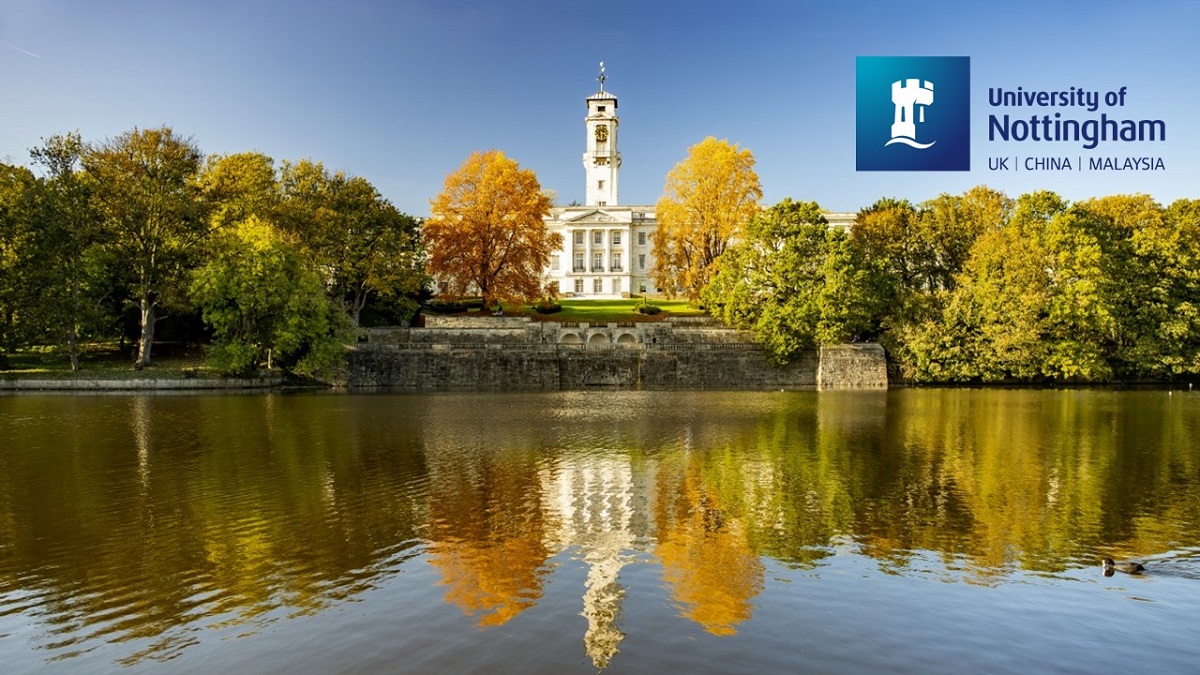
Engineering
| Location: | UK Other |
| Closing Date: | Thursday 30 November 2023 |
| Reference: | ENG1671 |
Project background
Metals are essential in our daily lives and have a finite supply. For example, smartphones are pocket-sized vaults of precious metals. The current CO2 emissions and environmental impact of mining those metals are untenable. We pursue reclaiming mineral resources from waste to meet the present needs of raw materials and metals without compromising future generations to meet their own needs.
Are you passionate about sustainable solutions and resource recovery? Join our dynamic research team and embark on a groundbreaking PhD project focused on critical metal recovery from wastes using the innovative combination of bioleaching and electrodialysis. This is a unique opportunity to make a significant impact on the field of environmental science and contribute to a more sustainable future.
Project Description:
This PhD project aims to develop an efficient and environmentally friendly method for recovering critical metals from various waste streams. Critical metals, such as cobalt, lithium, and rare earth elements, are essential for modern technologies, including electric vehicles, renewable energy systems, and electronics. However, their extraction from primary sources poses significant environmental challenges. This project will explore the potential of bioleaching and electrodialysis, two emerging technologies, to selectively extract and recover these valuable metals from different waste materials.
Responsibilities and Tasks:
As a PhD researcher, you will be responsible for designing and conducting experiments to optimize the bioleaching and electrodialysis processes for critical metal recovery. You will work closely with our experienced team of researchers to develop and evaluate innovative strategies to enhance metal extraction efficiency and purity. Your research findings will be published in high-impact scientific journals and presented at international conferences.
Qualifications and Requirements:
Applications are welcome from home students. Mature students and candidates with equivalent industry experience are welcome to apply. Applicants should have a first or second-class UK honours degree or equivalent in a related discipline. This project would suit microbiologists, engineers from chemical, environmental or ecological backgrounds, and environmental scientists. The ideal candidate should have some understanding of microbial culturing/ bioleaching and/or electrochemistry. The candidate should be self-motivated, have good communication skills and be able to resolve challenges independently, with an interest in applied scientific research.
Benefits:
- Full funding for the duration of the PhD program (3 years), including a stipend and tuition fees . Due to funding restrictions this funding is only available to Home students.
- Access to state-of-the-art laboratory facilities and equipment.
- Guidance and mentorship from a team of experienced researchers and professors.
- Networking opportunities with leading experts in the field and participation in international conferences.
The University of Nottingham is a family-friendly employer with excellent working conditions. You can look forward to an exciting working environment, cultural diversity and attractive offers and benefits.
The University of Nottingham encourages an inclusive culture. Visit our Equality, Diversity and Inclusion website to find out how we ensure a fair and open environment that allows everyone to grow and flourish.
Application Procedure:
To apply for this PhD opportunity, please submit the following documents to helena.gomes@nottingham.ac.uk:
- Cover letter outlining your research interests and motivation to pursue this project.
- Curriculum vitae (CV) detailing your academic background, research experience, and relevant skills.
- Academic transcripts of your previous degrees.
- Contact information for two professional references.
Shortlisted candidates will be invited for an interview. Applications will be evaluated on a rolling basis until a suitable candidate is appointed.
If you have any specific questions on the project, please contact Name: Dr Helena Gomes helena.gomes@nottingham.ac.uk
Don’t miss out on this exciting opportunity to contribute to the advancement of critical metal recovery technologies. Join our team and be at the forefront of sustainable resource management. Apply now and shape a greener future!
![Sydney University [AU]: Research and Academic Opportunities](https://scholaridea.com/wp-content/uploads/2020/12/University-of-Sydney-768x403.jpg)
![Postdoctoral and Research Opportunities at McGill University [CA]](https://scholaridea.com/wp-content/uploads/2020/06/mcgill-university-30-may-2019-768x402.jpg)
